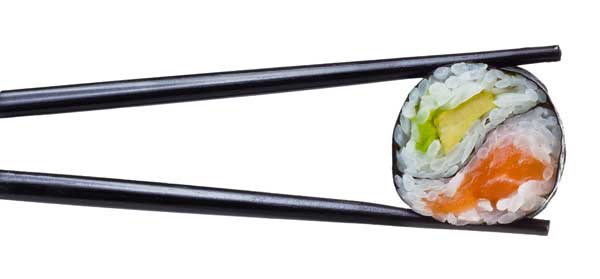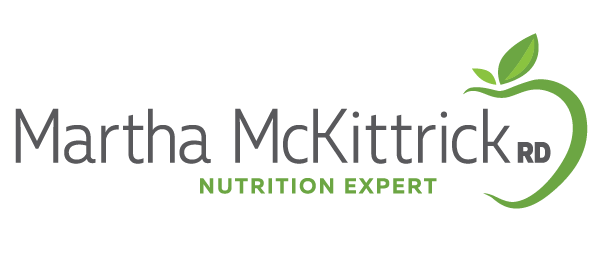Are You Vitamin D Deficient?
You’ve been trying to keep your skin wrinkle free (and avoid skin cancer of course) and have been limiting your sun exposure. Or perhaps you’ve been working 12 hours a day and rarely see sunlight. Sound familiar? If so, you may be at risk for Vitamin D deficiency. A deficiency of vitamin D can have a profound effect on your health – from your weight to cancer, and much more! Read on to learn more information on whether you may be at risk for D deficiency.
Vitamin D deficiency is the hot new topic now, as doctors report a surge of deficiency in their patients. Studies have shown that over 70% of women, 51 to 70 years, were not getting enough vitamin D in their diets. Further, 90% of women above the age of 70 were also linked to inadequate vitamin D intake. And it’s not just woman who are affected – data has shown that nearly 3 out of 4 American adult and adolescents have insufficient levels of Vitamin D in their blood.
Health benefits of Vitamin D
In the past, a deficiency of D was linked to rickets, now it is proving to be a vitamin superstar. Most people are highly unaware just how essential this fat-soluble vitamin is for the body. Vitamin D, which is actually a hormone, is most important for our muscle and bone health, but it also increases energy while helping to prevent against some cancers, cardiovascular disease, autoimmune diseases, diabetes, high blood pressure, infections, weight gain and depression!
Why is Vitamin D deficiency so common?
While many attribute a lack of D to diminished sun exposure and a low intake of fortified milk, it is still unclear exactly why it has become so prevalent. All you need is 10-15 minutes of sunlight a day … however many people hesitate to directly expose themselves to the sun’s harmful rays. Couple that with a lack of milk consumption as it is commonly replaced with sodas and juice, and it becomes an even bigger problem.
Recommendations for Vitamin D intake
Aim for 800 – 1000 IU of vitamin D a day from food and supplements if you are over the age of 60 and 400 IU if you’re younger. However, many health experts recommend even more – 1000 IU a day and Dr. Weil recommends 2000 IU a day. The Institute of Medicine is currently updating recommendations for calcium and Vitamin D intakes. These recommendations will be available to the public in the fall of 2010 … so stay tuned!
Tips to prevent vitamin D deficiency:
1. Consume more vitamin D rich foods including salmon, cod liver oil, canned tuna or sardines, fortified orange juice, milk, yogurt and ready-to-eat cereals. However, keep in mind that it is very difficult to meet your needs 100% with food.
2. Get at least 10 minutes of full sun exposure per day. Instead of taking the train the whole way to work, walk a few extra blocks until you reach your 10 minutes. Eating lunch at your desk? Take it outside when the weather permits or go out to get your lunch so you ensure that you are at least getting some sun exposure. Please keep in mind that factors such as body mass, cloudiness, air pollution and sunscreen may all affect the amount of vitamin D you absorb.
3. Take a supplement with vitamin D to be safe. Hate taking vitamins? They now have readily available calcium/vitamin D gummies or chocolate chews for adults that taste just like candy! All you need is ~2 supplements a day. Supplements are the best way to ensure that you are getting a sufficient amount daily.
4. Go get tested! Tell your primary physician that you are concerned about your vitamin D level. Look for results in the normal range, from 30.0 to 74.0 nanograms of 25-hydroxy vitamin D per milliliter (ng/mL) of blood. If you are found to be deficient, your physician can advise you on the right supplement dose to raise your blood concentration into the normal range.
5. To effectively absorb your vitamin D supplement take it with calcium as they work together in the body to maximize absorption. It is also recommended to take your supplement with a fat containing meal to enhance absorption. Avoid taking it with mineral oil products, antacids, and some medications such as steroids and diuretics which disrupt absorption. **Gallbladder, liver disease and gastrointestinal disorders also affect absorption, so consult with your MD prior to taking any supplement.**
6. This doesn’t mean that more is better. Speak with your doctor before taking large doses of Vitamin D. Excessive amounts of Vitamin D may also be linked to health problems.
I would like to thank Lisa Moskovitz for writing this article.
Lisa is a Registered Dietitian and graduate of New York Presbyterian Hospital Dietetic Internship who has gone on to secure a job working as a clinical dietitian at a long term care facility in the Bronx. Ultimately, she is working towards building up her own private practice and becoming an established consulting dietitian/nutritionist for the NYC community. Her specialities include sports nutrition, digestive disorders and general wellness.
RELATED POSTS
Sorry, we couldn't find any posts. Please try a different search.
MEET MARTHA
I especially love problem-solving, whether it’s helping women defeat issues plaguing them for years, helping a busy executive find practical ways to get heart healthy, or providing tips to help you reverse diabetes. That’s why I’m on a constant quest to expand my knowledge by staying on top of the latest research.

20 Ways To Eat Out 550 Calories or Less!
No time to cook? We’ve got you covered. Here are 20 healthy meals from a variety of cuisines that won’t pack on the pounds. Most of them also have less than 30 grams of carbs.
Subscribe to my newsletter and get this free download.

